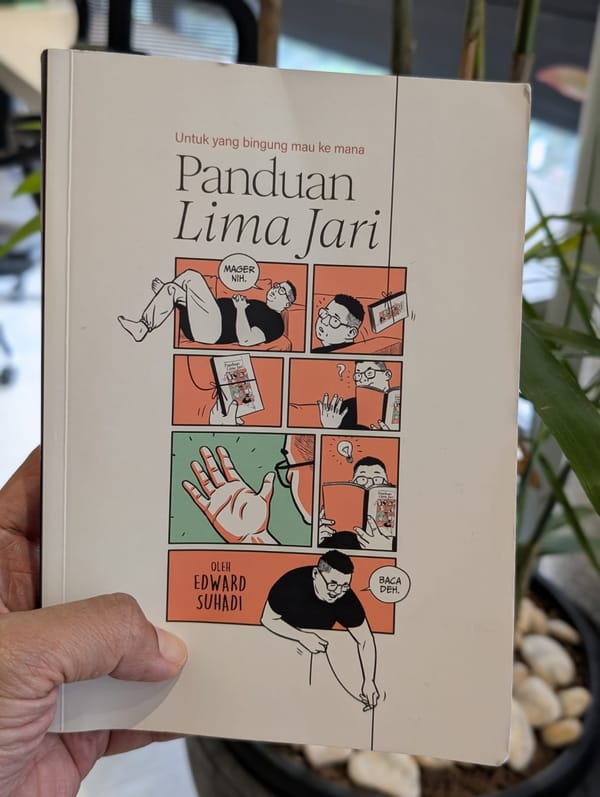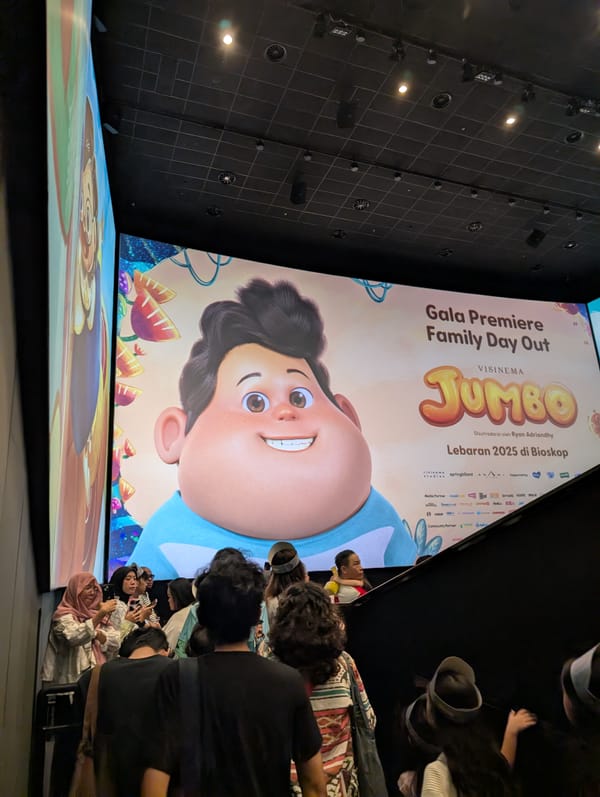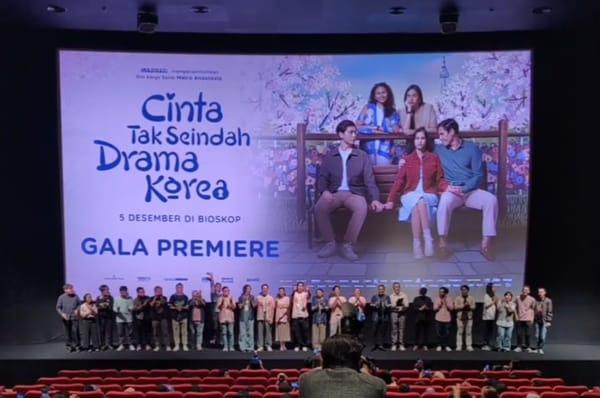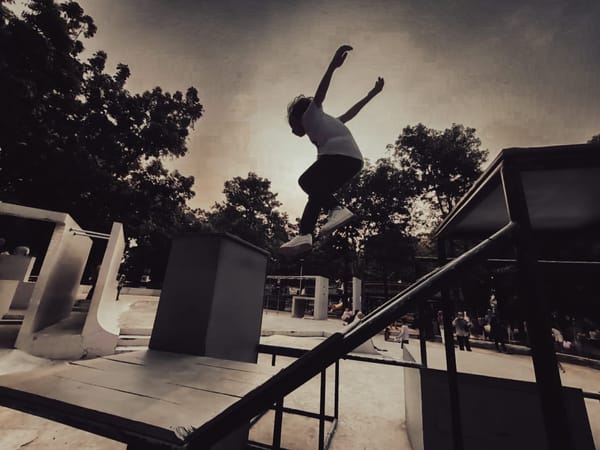How Artisan Coffee Shops compete with Starbucks
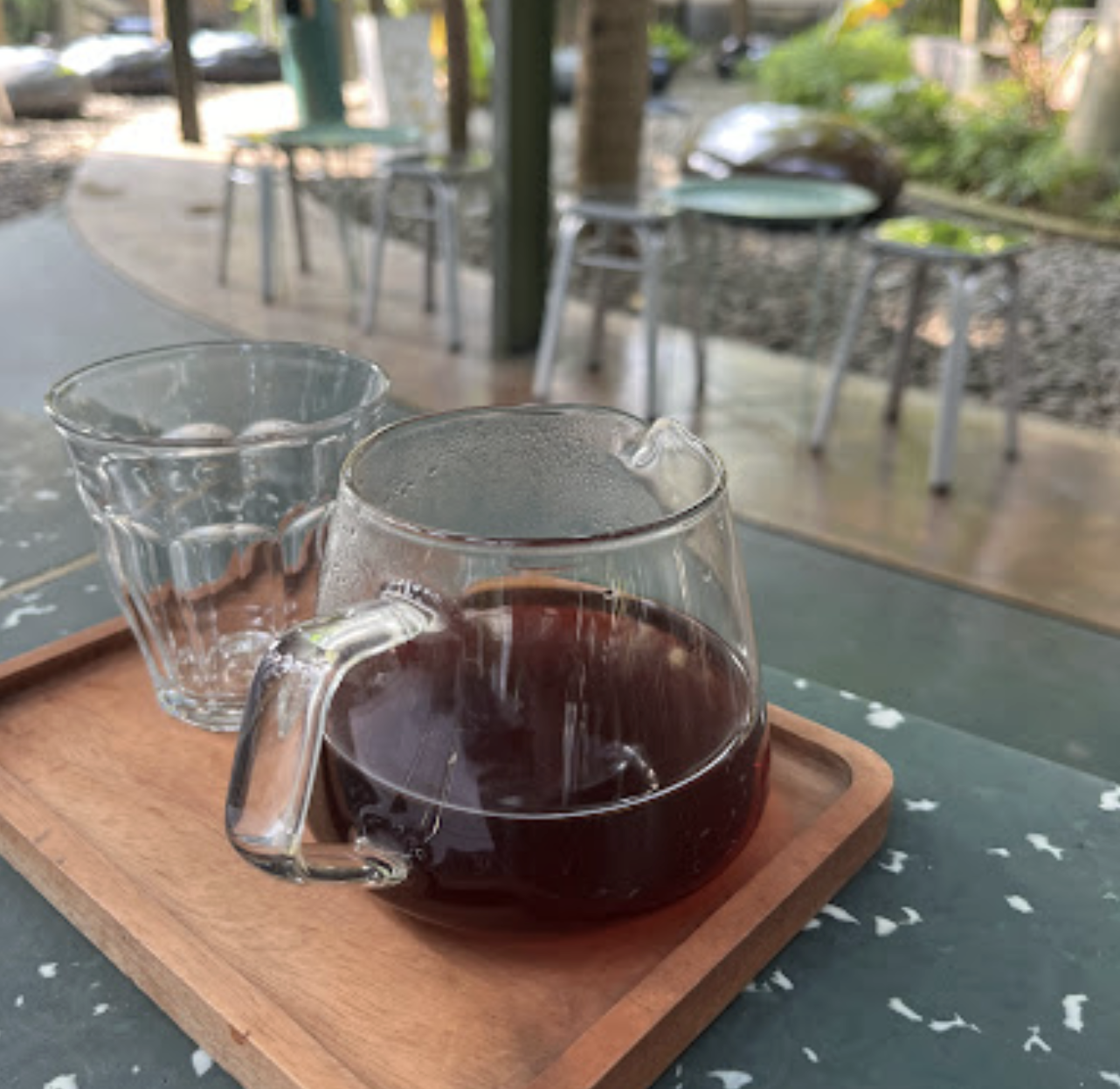
Last year, I wrote about seeing business expansion not just for the sake of building a profit machine, but as a craft to perfect and spread. This "organic vs. hyper growth" battle is especially fierce in the coffee world. We have giants like Starbucks, pitted against a collection of independent brands like Common Grounds, Kopi Kalyan, Tanatap, and countless others.
Since big brands dominate ads and media, cafe owners often ask me, "Can I really compete with Starbucks?"
*Note: Coffee prices and winning strategies differ. There's the quick coffee segment (Kenangan, Tuku, Flash), then the 30-60k per cup Starbucks-like spots for lounging. We'll focus on cafes competing in that latter space.
The answer is yes, but the way to compete will be different for each brand. Starbucks opens countless cookie-cutter stores, so local brands should counter with a diverse array of unique cafes, each with a few branches, catering to specific tastes and communities.
Hypergrowth brands prioritize standardization to appeal to the widest possible audience, sacrificing individuality for consistency in taste, decor, and even music. This attracts a global mass market, not a loyal local following. They choose locations and materials that are easy to replicate worldwide, often in malls or office buildings where they can negotiate favorable terms.
But for the semi-premium cafe experience, location isn't just about price. It's about identity, community, and the Indonesian love for "kopdar" (meetups). This is where local brands shine.
Let's explore three coffee shops in the Blok M area thriving despite being surrounded by Starbucks:
Kopi Kalyan
Kopi Kalyan is built in a restored 1960s house. The distance between tables provides enough privacy, there is an outdoor area, and even a second floor. Coffee is served on wooden trays with pandan bread. The sight of roti sobek and origami filters while queuing adds a charming touch to the decor.
Upon entering, you'll see office workers having discussions, young mothers waiting for their children to finish lessons, or first jobbers hanging out with friends.
This grand house has been converted into a gathering place for South Jakarta's millennial community. Often, there are events related to social missions, such as book collections for an educational foundation for children in Maluku. There’s even a small bike shop inside, so every morning the South Jakarta biking community can stop by after their Sudirman Loop rides.
The choice of this coffee house's character is closely tied to the founding team's initial intent, most of whom are Millennials who studied together in Australia and wanted to replicate the classic Melbourne independent specialty coffee shop atmosphere in Jakarta. This is also a strength for them, as one of the founders is an architect.
Suasana Kopi
Suasana Kopi has a vibe that fits perfectly for Jaksel’s Gen Z. Their latest branch is on the corner of a building facing Blok M Plaza. The space isn't large, and the tables are close together. However, this small location feels spacious because the surrounding glass walls can be opened, connecting with a large outdoor area. On weekends, there are often collaborative events with other brands, and sometimes a DJ.
Firman, one of the founders, indeed aims to target Gen Z. "That's why we always have to stay fresh, always have something new. We often collaborate with other brands to bring a different atmosphere. We also intentionally make the tables close not just due to space limitations, but so conversations can flow among the visitors. True to our name, what we offer is a pleasant atmosphere for hanging out."
Sunyi Coffee:
A stone's throw from Suasana Kopi is Sunyi Coffee. Interestingly, all the baristas here are deaf or mute. It's not uncommon for visitors to use sign language. One afternoon, I was engrossed with my laptop, noticing that all the seats around me were occupied, but because many were using sign language, the atmosphere remained quiet, just as the name suggests.
Mario, the founder, initially established Sunyi as a place for disabled youth to learn how to become baristas and work. But now, it's not just the disabled community that comes. Office workers from the surrounding area, even Sri Mulyani, have visited, drawn by Sunyi's mission.
These thriving cafes offer three key lessons:
- Unique Value Proposition: Each cafe has a distinct brand identity and value proposition, driven by the founder's passion.
- Know Your Audience: They understand their target market and tailor their offerings accordingly.
- Foster a Community: They foster a loyal community around their brand, turning customers into regulars and advocates.
By embracing these principles, local Indonesian coffee shops can not only compete but outshine global giants on their own turf.


